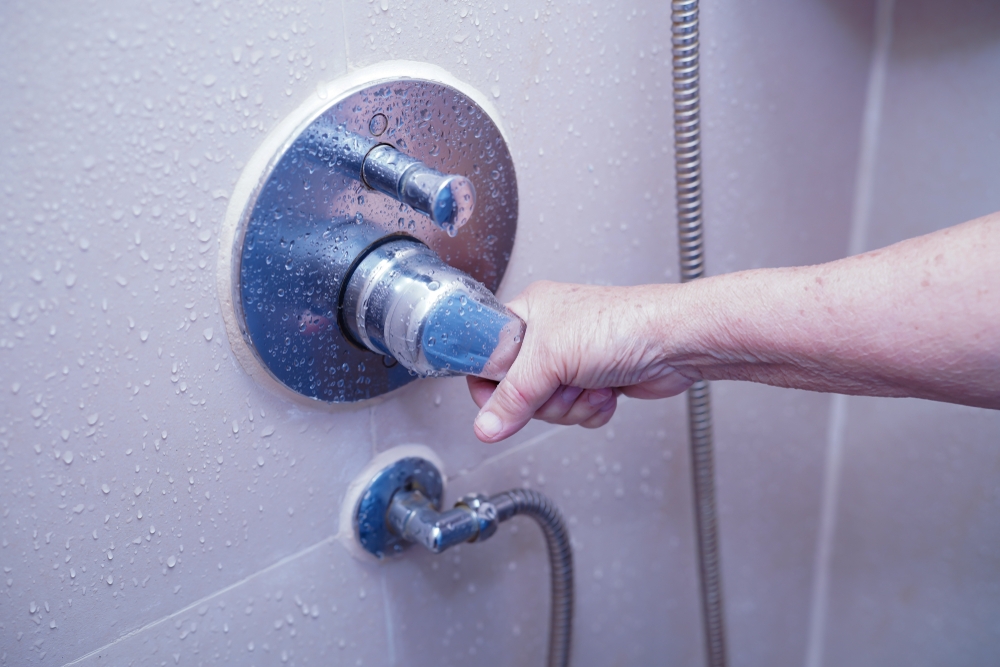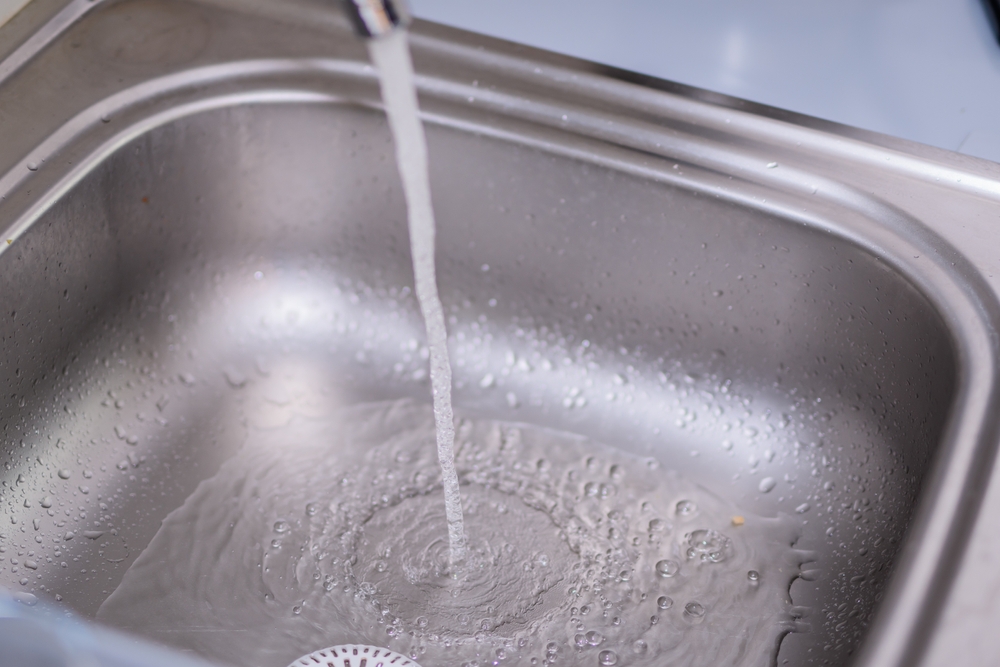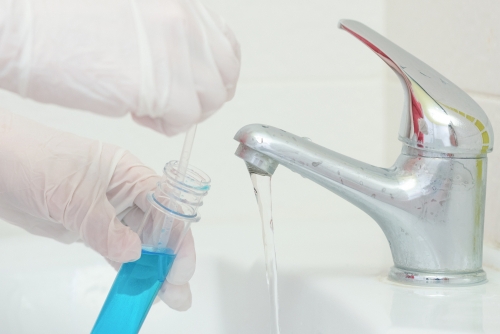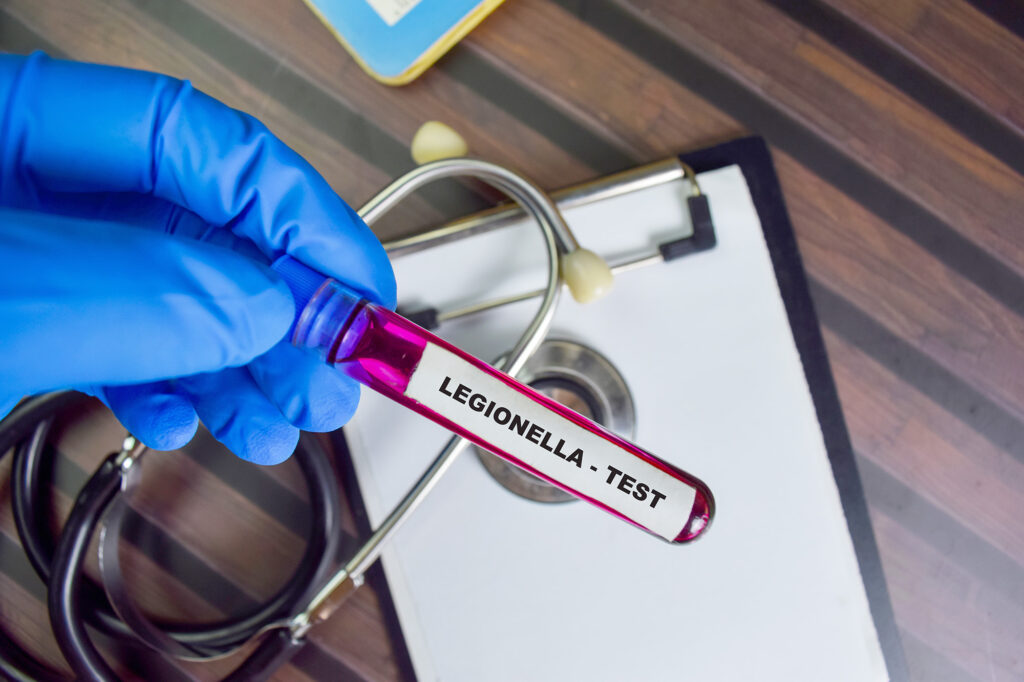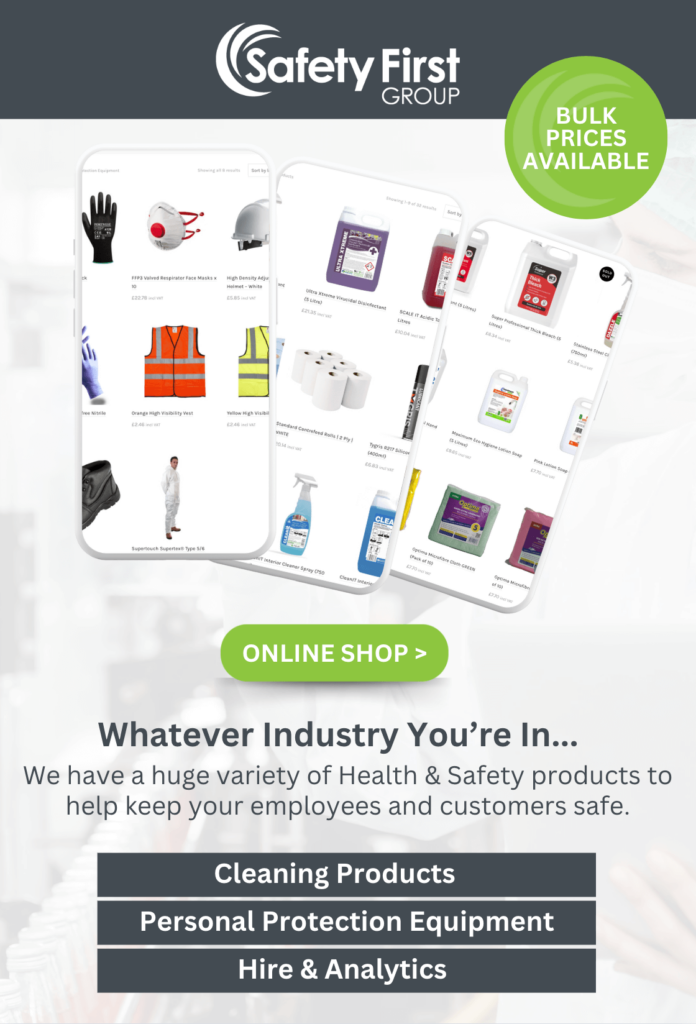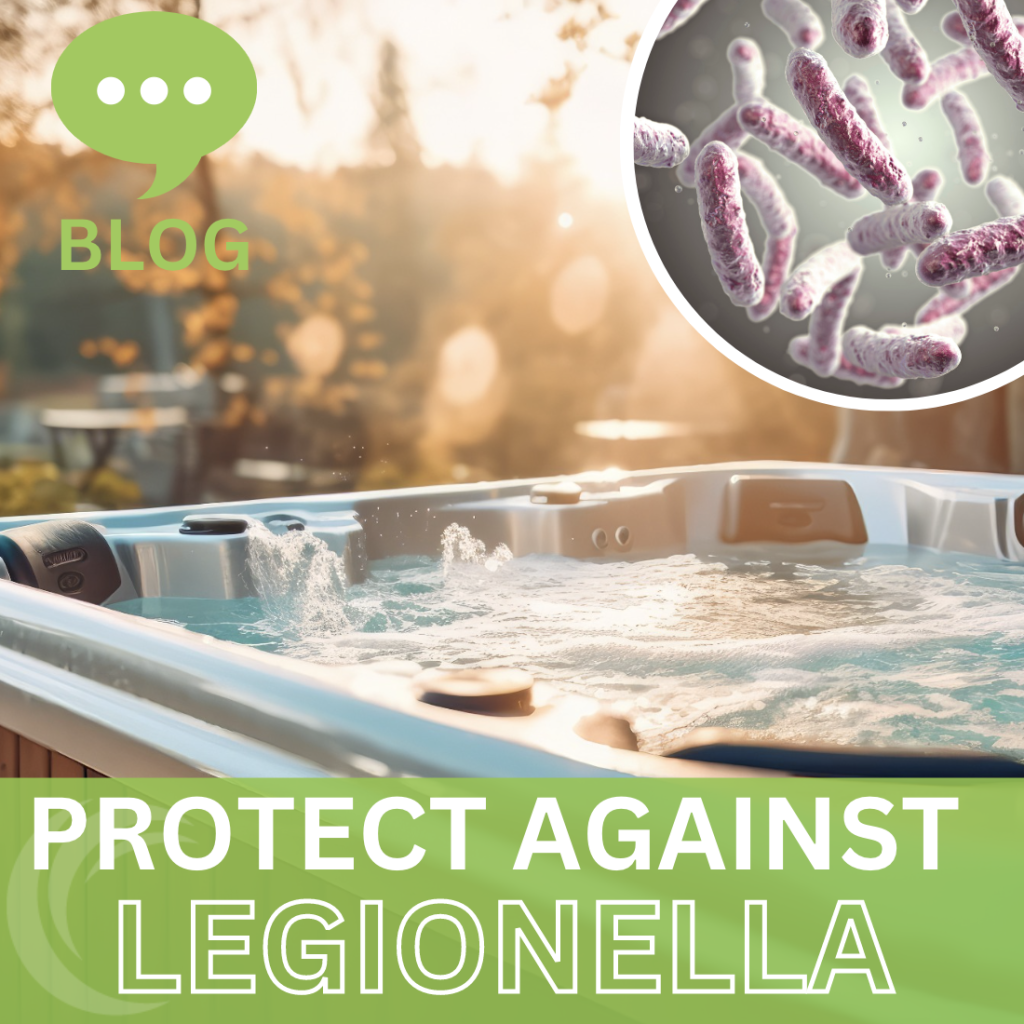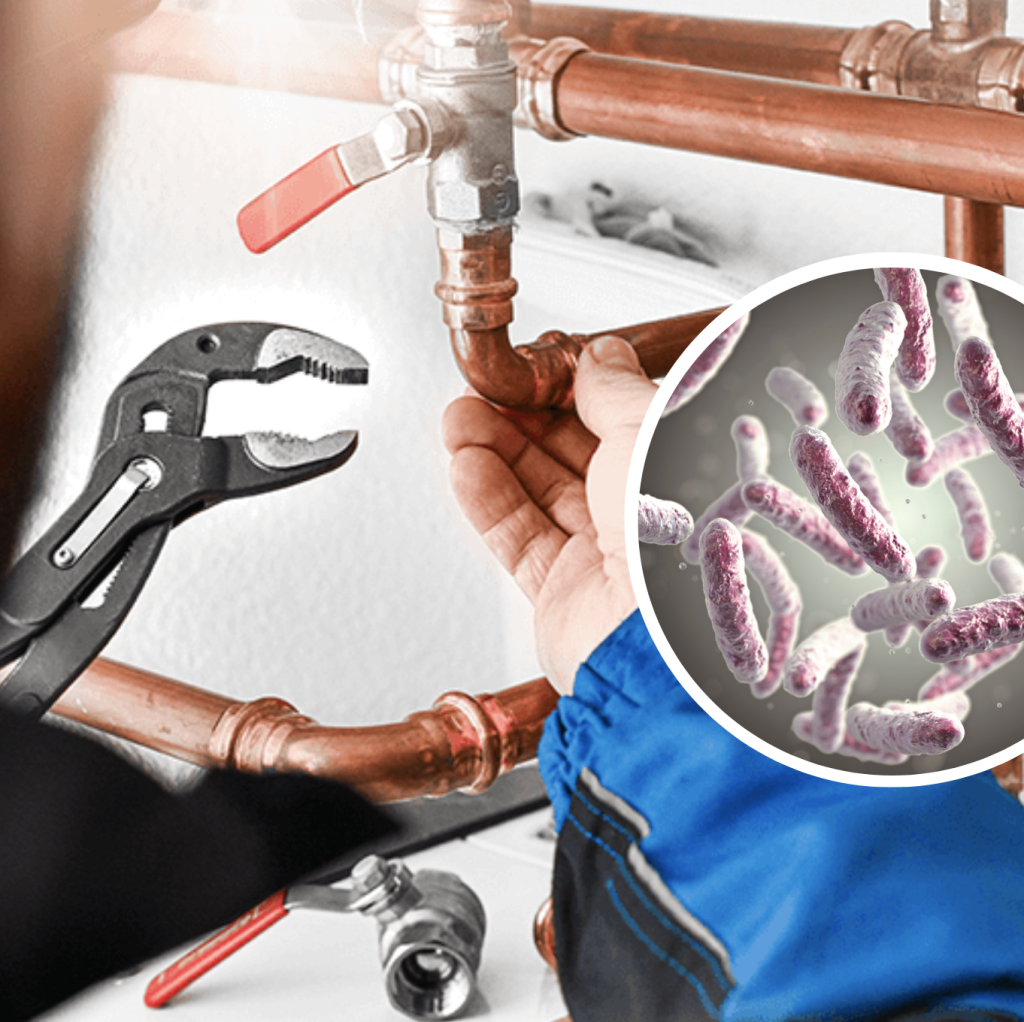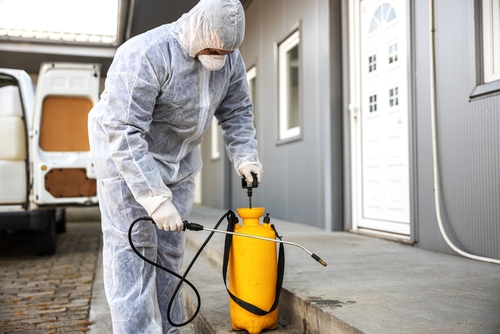A care home in Leicester still remains on ‘special measures’ as Legionella remains a risk following a recent inspection. The care home was branded ‘inadequate’ for failing to complete the required checks to safeguard against legionella bacteria.
Legionella causes a potentially fatal form of pneumonia when contaminated droplets from a water supply are inhaled. Coupled with the fact that the care home had failed to properly assess risk, they knowingly put residents’ health at risk. Therefore, this meant that some of the UK’s most vulnerable people may have been exposed to Legionella. The CQC stated that the problem is ‘widespread and significant’.
The importance of Legionella control in care homes
Legionella bacteria thrives in many water supplies including:
- Water towers
- Internal hot and cold water systems
- Rivers/Lakes
- Cooling towers
The care homes’ failure to properly assess the risk to patients received the lowest score for Management, Safety and Effectiveness from the Care Quality Commision (CQC). For this reason, the CQC have urged the care home to make significant changes before a third inspection before the New Year.
While the care home failed to provide the proper due care and attention to their residents and staff, they also did not comply with the law relating to Health & Safety Executives ACoP L8 and HSG 274 part 2 relating to Legionella management and control.
Legionella risk assessment and monitoring
At Safety First, we have qualified and experienced technicians who are competent at delivering Legionella risk assessments. This will ensure to that your business complies with HSE’s ACoP L8, HSG274 parts 1, 2 and 3, and British Standard BS8580:201.
Care home managers have a duty to understand the health risks associated with Legionella and take appropriate steps and measures to prevent outbreaks. Therefore, microbiological water sampling and Legionella testing should be performed at regular intervals.
Our technicians can perform weekly, monthly and quarterly risk assessments to ensure that your care home is adequately contributing to your legal requirements. The overall compliance for this is for:
- HSE’s ACoP L8 “Legionnaires’ Disease: The Control of Legionella Bacteria in Water Systems”
- Health and Safety at Work etc Act 1974 (HSWA)
- The Management of Health and Safety at Work Regulations (MHSWR)
- Control of Substances Hazardous to Health Regulations 2002 (COSHH).
Why is Legionella testing important for care homes?
It is essential to properly mitigate the risk associated with Legionella. Legionellosis is a collection of serious and potentially life threatening diseases that include legionnaires disease. Elderly patients are particularly vulnerable to the effects of bacteria.
Therefore, Clean water systems are essential to the effective management of vulnerable and elderly patients. This includes washing, bathing, and providing clean drinking water.
Any water system could be a source for Legionella growth, however the risks increase if your water system is between 20ºC to 45ºC, stores or recirculates the water, and may produce droplets that could be inhaled.
It is proven that regular water sampling can significantly reduce the risks of an outbreak in a care home. Moreover the BS6700 specifies that microbiological activity should be measured every 6 months where drinking water is stored.
The ACoP L8 recommendations for water sampling for Legionella are recommended:
- Where a Legionella outbreak is suspected;
- For high risk areas where water system users fall under a highly susceptible category such as Care homes and hospital wards with patients who are immunologically compromised.
- For systems where control measures are not consistently achieved
Ready to get started?
You can find out more about our Legionella Control Services here, or by contacting us on 0845 004 2133 for a free, no obligation chat. Our experienced technicians will be able to guide you through the process and consult with you on which aspects of compliance you might need help with. As the cold months draw near, warm baths and showers are a must for patients! That means that there is no better time to start planning your Legionella compliance than now!

